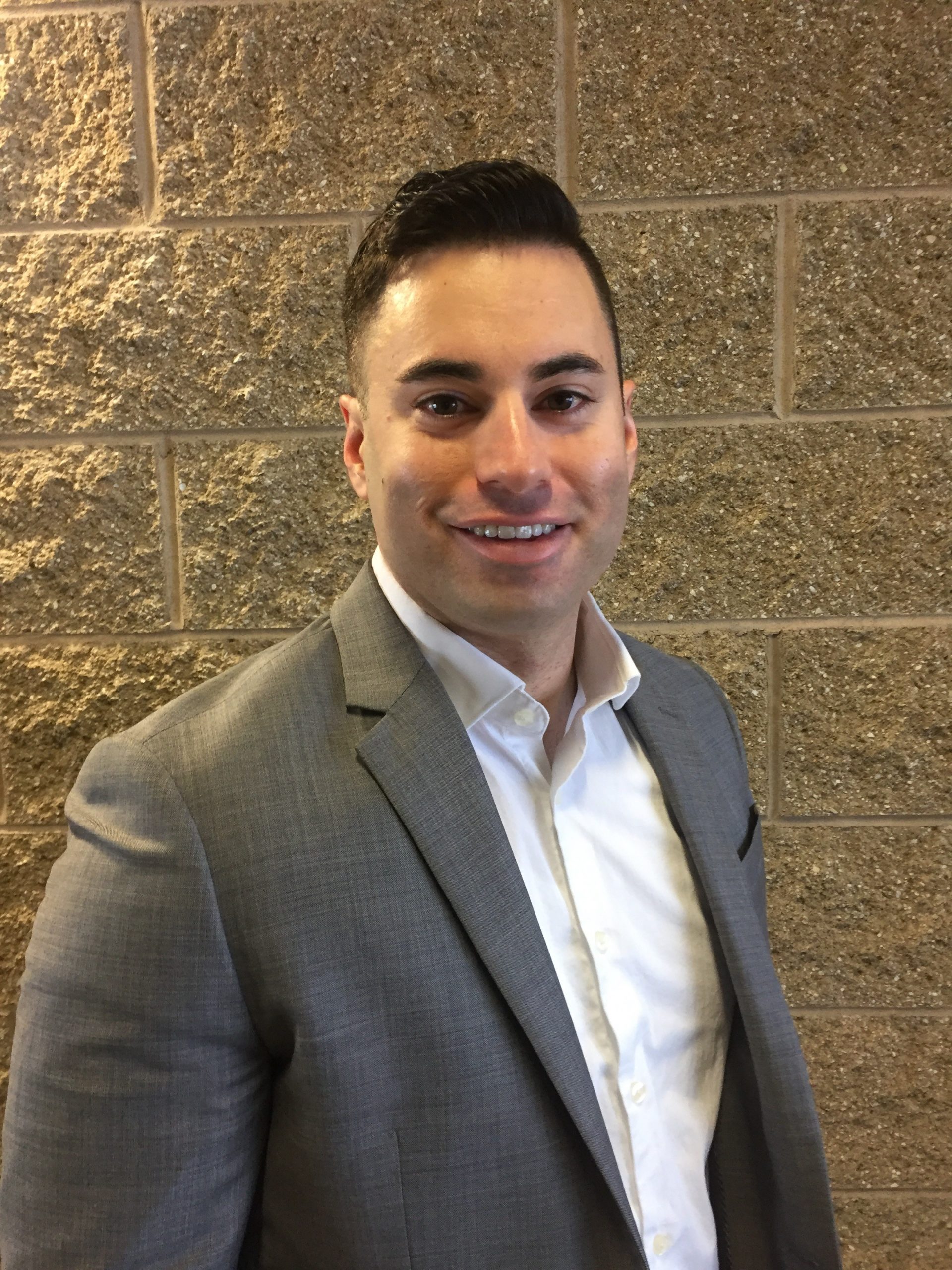Just like any other business, addiction treatment facilities also need to market their services. However, because substance use disorders (SUDs) are often stigmatized, marketing for rehab centers requires a sensitive, ethical, and strategic approach.
Addiction is a deeply personal issue. These services must therefore find a balance between compassionate messaging and clear communication about the effectiveness of their programs. Marketers and rehab centers face unique challenges, but at the end of the day, these are simply obstacles in your way of saving thousands of lives.
Here we will discuss addiction treatment and drug rehab marketing: what it is, how to utilize it, and what challenges you need to overcome in order to reach those in crisis.
Understanding the Landscape of Addiction Treatment Marketing
In this digital age, marketers must make use of digital marketing strategies in order to stand out in this highly-competitive market. Digital strategies like search engine optimization (SEO), pay-per-click (PPC) advertising, and social media campaigns help increase visibility and reach target audiences.
Addiction treatment is a critical service for individuals struggling with substance use disorders. However, connecting with those in need requires more than just promoting a facility or program. It’s about addressing stigma, offering hope, and building trust. The goal is to connect those struggling with addiction to effective, ethical, and evidence-based treatment options.
Key Challenges in Marketing Rehab Services
Because of the unique landscape of addiction treatment marketing, where you are competing for attention while still trying to be respectful and genuine, it comes with different challenges that marketers must learn to overcome.
This is not like traditional consumer goods where you can just talk about what makes the product appealing. Here you must navigate societal stigmas, adhere to strict ethical and legal guidelines, and connect with an audience that may not even want to seek help. Here are some key challenges to keep in mind:
Stigma Surrounding Addiction
The stigma associated with addiction remains one of the most significant barriers to marketing rehab services. It keeps many people from reaching out and seeking the help that they need, and it makes it difficult to market addiction treatment programs in the process.
Many people struggling with alcohol use disorder or drug addiction may avoid seeking help because of their fear of judgment, shame, or guilt. This creates a destructive cycle where addicted individuals stay addicted instead of beginning the recovery process. This stigma reinforces the misconception that addiction is a moral failing rather than a medical condition that requires proper treatment.
Overcoming this requires campaigns that normalize conversations about addiction, emphasizing its nature as a treatable medical condition.
Ethical Advertising
Promoting rehab services comes with a heightened ethical responsibility to ensure that marketing messages are accurate, respectful, and compassionate. Misleading claims or overly aggressive tactics can exploit vulnerable individuals and damage trust in the industry. To maintain credibility, ethical advertising should focus on providing clear information, highlighting the qualifications of the staff, and being honest about the recovery process.
Regulatory Compliance
The rehab industry is heavily regulated to protect patients from fraud and exploitation. Marketers will have to navigate a complex web of federal, state, and local regulations, which can vary significantly depending on the region.
For example, certain jurisdictions may have stringent rules about testimonials, guarantees, or financial incentives. Marketers need to develop a thorough understanding of these regulations or partner with legal experts to stay compliant and avoid costly penalties.
Reaching the Right Audience
Connecting with those in need of rehab services is another challenge entirely. This is because potential clients may be reluctant to seek help. Some may be in denial or even unaware of the extent of their addiction.
Effective targeting involves leveraging data-driven marketing strategies to reach potential clients discreetly. Campaigns must be sensitive and empathetic, offering support and information rather than pressure.
To address these challenges, rehab centers need to balance compassion and strategy. It all begins with learning about the barriers people face when considering treatment.
Foundations of Effective Drug Rehab Marketing
Despite the challenges that come with addiction treatment marketing, there are also plenty of ways to use it successfully. Your marketing strategy must be built on empathy, understanding, and authenticity. Here are some key concepts to keep in mind:
Know Your Audience
Understanding your audience is the cornerstone of effective marketing, regardless of what industry you are in. But this is arguably even more important in the field of addiction treatment because those seeking help often come from diverse backgrounds and face unique challenges.
To connect with them, marketers need to invest time in researching their needs, fears, and aspirations. This involves not only identifying their demographics but also understanding their emotional state and what motivates them to seek help. Knowing your audience also allows you to connect with them with empathy.
Develop a Clear Brand Identity
Your brand identity should reflect the mission, values, and unique qualities of your drug rehab center.
A clear and authentic identity builds trust and distinguishes your center from competitors. Consider what makes your approach unique—whether it’s a holistic treatment plan, a focus on family involvement, or a commitment to long-term care. Consistency across your logo, website, and messaging reinforces credibility and ensures potential clients feel they are engaging with a reputable, caring organization.
Create Value-Driven Content
Value-driven content is an effective way to engage and educate your audience while building trust. Share information that answers common questions, addresses misconceptions, and provides actionable advice.
Blog posts, videos, and social media updates can cover a wide range of topics. You can talk about coping strategies, treatment options, and success stories. By offering valuable content, you position your rehab center as a knowledgeable and compassionate partner in recovery. This makes it more likely for potential clients to choose your facility when taking that next step towards sobriety.
Marketing Strategies for Addiction Treatment Centers
Aside from these key elements, successful marketing for rehab facilities also involves a multifaceted approach. Each strategy plays a unique role in building trust, increasing visibility, and connecting with people who need help.
By combining the different tactics listed below, treatment centers can effectively reach their target audience at various stages of their decision-making process, from initial research to choosing a provider. Here are the strategies you must incorporate into your campaign:
Search Engine Optimization
SEO is one of the most important strategies in digital marketing. This is essential for ensuring that your treatment center appears at the top of search engine results when people look for addiction treatment options.
By optimizing your website with relevant keywords, high-quality content, and local SEO strategies, you can increase visibility and drive organic traffic. If you rank highly in search engines, people are more likely to trust your organization. This not only builds credibility but also connects you with people who are actively seeking help.
Pay-Per-Click Advertising
While SEO is a more organic approach that creates results in the long run, PPC advertising is a great way to generate more immediate results. Pay-per-click advertising allows treatment centers to target specific keywords and demographics to appear prominently in search engine results or social media platforms.
Unlike SEO, which takes time to yield results, PPC delivers immediate visibility. By carefully managing budgets and ad placements, PPC campaigns can be a cost-effective way to reach your potential clients.
Social Media Marketing
Social media platforms provide a space to share stories of hope, engage with the community, and build a supportive brand image. These platforms are incredibly popular. Through your audience research, you can find out which platforms they are using the most and concentrate your efforts on that.
On social media, your content can reach a wider audience as it can be shared by users, especially if the content is valuable, engaging, or entertaining.
By posting educational content, success stories, and engaging visuals, treatment centers can create meaningful connections and start building their presence online.
Email Marketing
Email marketing is a powerful way to maintain communication with prospective clients and their families, as well as existing clients. Sending regular newsletters with valuable resources, updates about the center, and success stories helps nurture relationships over time. Personalized email campaigns can also encourage people to reach out and take the next step toward long-term recovery.
Content Marketing
As we discussed earlier, content can help you educate your audience, breaking down stigma while reinforcing your facility as a trusted resource.
Content marketing focuses on creating informative and empathetic resources that address the needs and concerns of those struggling with addiction. Blogs, videos, and downloadable guides can provide valuable insights that will help clients make informed decisions for their recovery. This strategy also complements your SEO efforts, as high-quality content improves search rankings especially if you utilize the right keywords.
Public Relations (PR)
Public relations campaigns can enhance the reputation of an addiction treatment center by securing positive media coverage and fostering relationships with community organizations. Sharing compelling stories of recovery and highlighting the center’s unique approach to care can build trust and awareness. PR efforts can also counteract any stigma associated with seeking addiction treatment, making it easier for individuals to reach out for help.
Ethical Considerations in Rehab Marketing
Ethical marketing is non-negotiable in addiction treatment. Your services directly impact the lives of vulnerable individuals seeking help. Misleading or manipulative tactics can erode trust, hinder recovery efforts, and tarnish the reputation of your organization.
By adhering to ethical principles, rehab facilities not only fulfill their moral obligations but also build lasting relationships based on integrity and respect. Here’s how to ensure your campaigns align with industry standards:
Transparency
Rehabs must clearly disclose treatment options, costs, success rates, and potential risks to ensure potential clients can make informed decisions. Avoiding hidden fees or ambiguous promises fosters credibility and demonstrates a commitment to honest communication.
Avoid Exploitation
Addiction treatment centers must avoid exploiting the fears, pain, or desperation of those seeking help. Manipulative tactics like fear-mongering or exaggerated success claims, are unethical and can lead to disillusionment or harm.
Ethical marketing prioritizes empowering individuals by providing hope through factual, compassionate messaging rather than preying on vulnerability.
Respect Privacy
Maintaining the privacy of people seeking addiction treatment is another non-negotiable. Marketing campaigns should never use personal stories or testimonials without explicit, informed consent. Additionally, client data must be handled securely and never used for unauthorized promotional purposes, ensuring that respect for privacy remains a cornerstone of ethical practices.
Measuring the Success of Your Marketing Efforts
Launching your marketing campaign is one thing, but if you want to ensure its success, you must regularly measure the success of your marketing efforts.
This involves tracking key performance indicators (KPIs) that align with your organizational goals, such as the number of inquiries, admissions, and retention rates. Tools like Google Analytics can help monitor website traffic, user engagement, and conversion rates from campaigns.
It’s also crucial to track lead sources, which provide insights into the channels driving the most inquiries, whether through organic search, social media, or paid ads. Combining quantitative metrics with qualitative feedback like client surveys gives you a holistic view of your marketing campaigns.
In addition, measuring ROI (Return on Investment) is essential to understand the financial impact of your marketing strategies. Calculate the cost per lead and cost per admission to evaluate the efficiency of your campaigns. A/B testing different messaging, visuals, or platforms can help refine your approach for better results.
Keep an eye on long-term indicators, like brand reputation and online reviews, as these play a significant role in the trust and credibility of your rehab center. Regularly revisiting and adjusting your marketing strategy ensures that your efforts remain aligned with changing market trends and the needs of your audience.
Work with MasterMindSEO
Marketing for addiction treatment and drug rehab requires a fine balance of empathy, ethics, and strategy. You can’t just promote your services: you need to focus on providing value, building trust, and adhering to industry standards. This is how you reach those who need help most and make a positive impact in your community.
Remember, every marketing effort is an opportunity to make a positive impact on someone’s life. With the right approach, you can not only grow your business but also contribute meaningfully to the fight against addiction.
Work with a company you trust so that you can craft a marketing strategy that reaches those who need your services the most.
MasterMindSEO has experience in performing digital marketing campaigns for e-commerce, national, regional and local businesses. Email or call and we will be happy to see how we can help your center get more leads and help more patients!
Ready to take your addiction treatment SEO to the next level? Want to rank your detox center on Google Maps? Let MasterMindSEO help you.
[button color=”undefined” hover_text_color_override=”undefined” url=”https://bookme.name/MasterMindDBS” text=”Get More Admits!” color_override=””]

